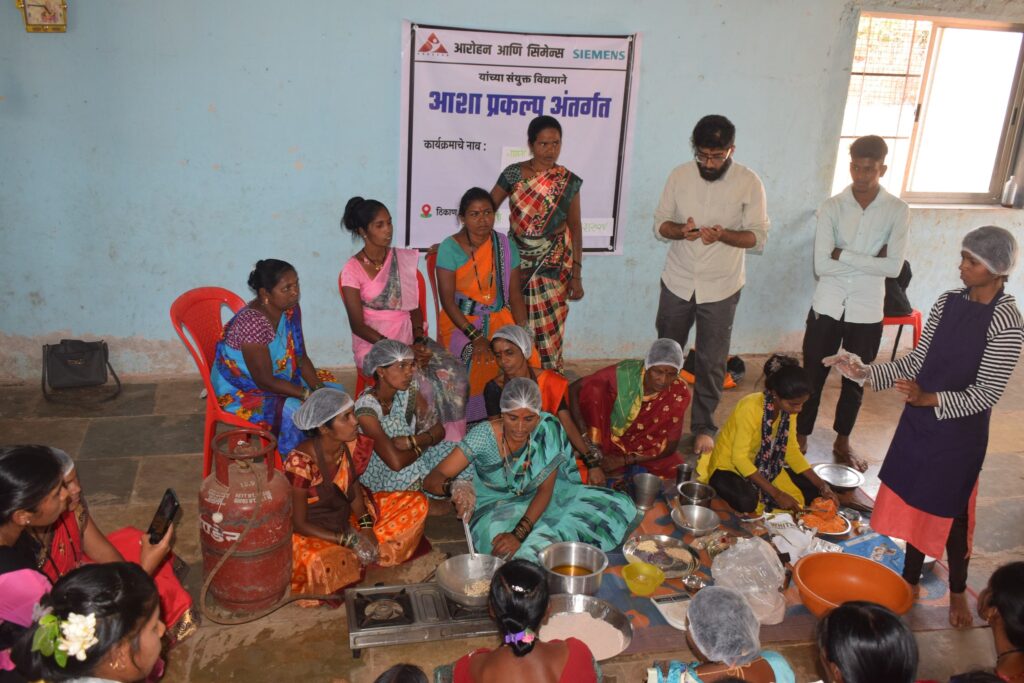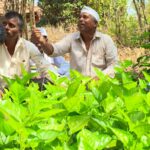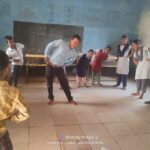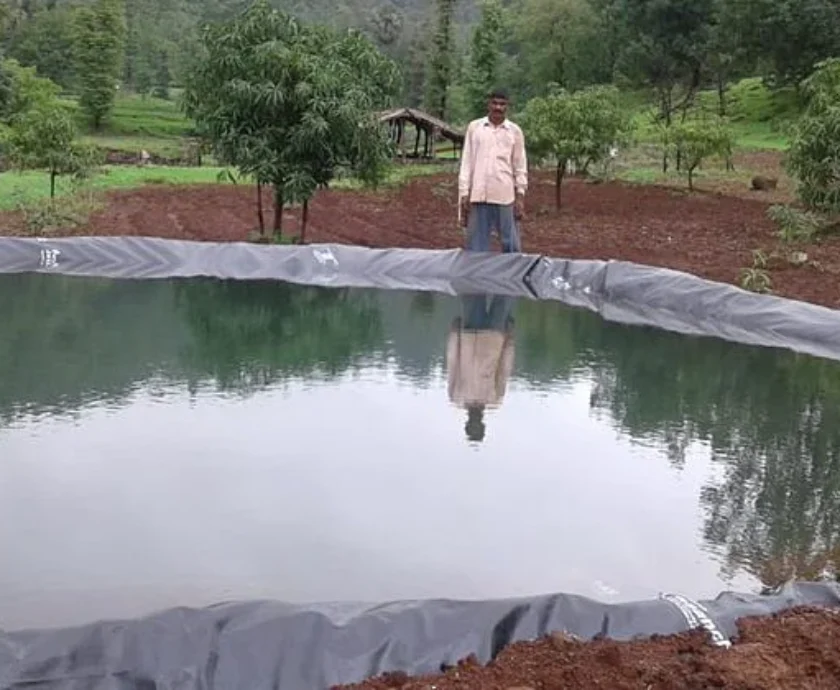Ragi (Nachni), also known as finger millets, are highly regarded as nutritious yield and incorporating millets in the diet could tackle malnutrition, and digestion issues, reduce the risk of heart diseases, and aid a myriad of occurring ailments. Finger millet crops are drought-resistant, tolerate adverse weather, and are a primary crop and a staple in hilly regions like Mokhada. While crops like rice and wheat have dominated the Indian market for decades, due to their nutritional value, finger millet and its products have gained a significant market value in recent years.

In light of the same, AROEHAN conducted Food Production & Processing workshops for Women’s
Self Help Groups in Mokhada. Food expert Ujwala Bhore and her colleagues from Jawhar Farm facilitated two workshops on March 13th and March 27th respectively. With on-ground demonstrations, they covered essential topics like manufacturing, packaging, and marketing. They gave elaborate information on the recipes while demonstrating how to make ragi-based chocolates, laddoos, and papads.
“Earlier we used to make papads only to eat at home, but now we will use this training to make
more such products through our self-help groups and earn profits by selling them,”
affirmed the participants.

The participants also made products like chocolate and ladoos on the spot, giving them practical
understanding as the facilitators encouraged them to ask questions. The women’s concerns were allayed after the training was over. The Nachni papad was kept in the sun to aid the cooking process. These papads were loved by everyone during lunchtime. 52 women from 6 villages participated in the first training and 39 women from other 4 villages in the second training. The main objectives of the training sessions were to make ragi-based products as well as gain an understanding of selling them in the market. This could be a game-changer for millet-based products to enter the mainstream market and provide delicious yet healthy snacks to consumers.





